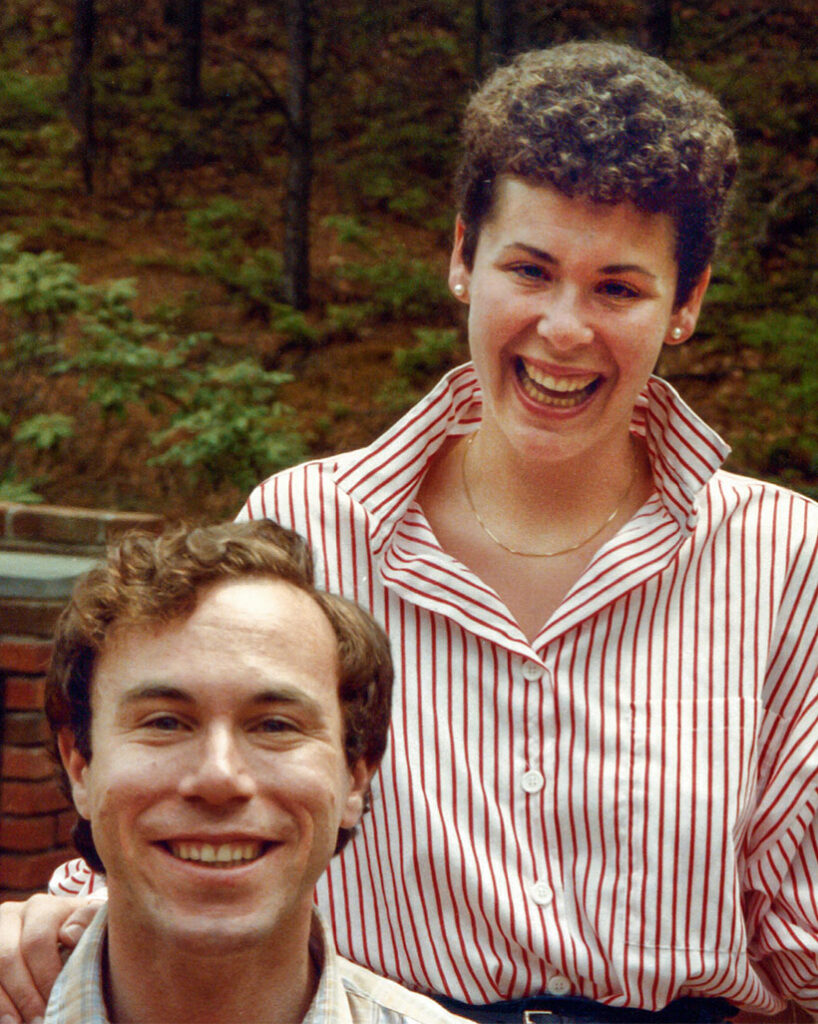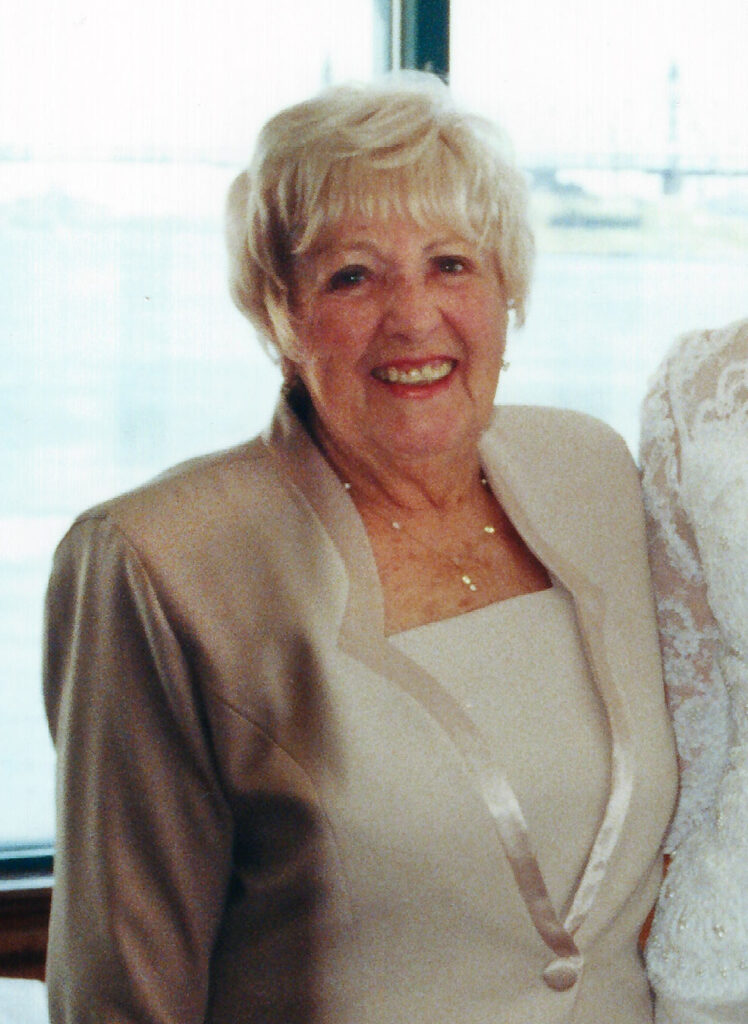Many of the posts in this blog have featured stories of my growing up. Although my mother and father figure prominently in these stories, my sister is barely ever mentioned. Today, on the fifth anniversary of her death from pancreatic cancer, I’ll take the opportunity to remember her with these words that I spoke at her memorial service.
We were once a family. There were four of us — the Schaeffers. We lived in a cozy house on Yoakum Avenue, in Farmingdale, Long Island. There were Fran and Aaron, our parents; there was me, the first-born son; and then there was Terri. She was two and a half years younger than me, but I don’t remember a time when she wasn’t with us.
From the beginning, Terri was a ray of sunshine. I’m told that I was a difficult baby, given to moodiness and crying and projectile vomiting, but Terri was good-natured, bright-eyed, and quiet — so placid that for a time, Mom thought there might be something wrong with her. There was nothing wrong with her. She was smart; she did well in school; she had friends. We all saw her as the normal one in the family. We knew she was going to be just fine.
But the problem with being “the normal one” is that she so often didn’t get the attention she deserved. I was the creative child, the one who brought home the awards — but I was also the difficult and rebellious one, who was sent to a psychotherapist when I was 8. At one point, both of our parents and I were all in therapy. Terri wasn’t, because everyone just assumed that she was OK. When it came time to go to college, I was sent off to an Ivy League school; Terri was told that she’d need to go to a state school, because our parents couldn’t afford to buy us both a private education — and she was considered more likely to turn out OK no matter where she went.
How did she feel about all this? I don’t know; she never talked about it. She was always there when I needed her, particularly at weddings and bar mitzvahs, where I’d keep her by my side so I could ask her, “Who is that guy? Am I supposed to know him? What is his wife’s name?” But there were certain topics of conversation that were just off-limits. She never wanted to expose her inner self, to reveal the hurt she clearly carried inside.
We lived on opposite coasts for most of our adult lives, seeing each other only every year or two. Most of our contact was through our mother, who would tell each of us what the other was doing, and how she felt about it. It probably could have gone on like that for years to come, except for three things that intervened.
First, sometime after our father’s death, Terri underwent major surgery, and I never thought to call her. She just wasn’t on my radar. When we eventually spoke on the phone, a couple of weeks later, she finally let out the anger and hurt she’d been feeling all those years. She let me know how often and how deeply I had let her down. I was devastated and ashamed, and I vowed to make it up to her.
Second, she married Ed — wonderful Ed, who made her feel like she was cared for in a way that I don’t think she’d ever felt before. She seemed to become more relaxed and less guarded. Ed and my wife Debra hit it off immediately, and they became the glue that held Terri and me together. On those infrequent occasions when we were able to gather as a foursome, we were able to share love and laughter in a way that Terri and I had never been able to do alone.
And third, just a little more than three years ago, we lost our mother to pancreatic cancer — the same disease that just took Terri from us. Without our mom to connect us, we realized that if we were going to have any sort of relationship, it was up to us to maintain it. And we both made it a point to do that, all the way through the time of her cancer diagnosis and treatment and final illness. I’m so grateful that at the end, we really felt that bond of being brother and sister. It was such a recent thing, and I miss it. I miss her. I miss the Schaeffer family, of which I’m now the only member. And I’m so proud of the number of people who have come here today to express their love for Terri, who grew to be so much more than just “the normal one,” and who so sweetly touched all of our lives.



Recent Comments